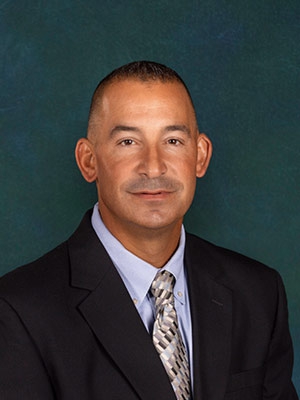A fall never seems like a serious problem—until one day it is.
As we enter the later years of life, the risks of a fall—as well as its consequences—begin to rise. According to CDC information on fall prevention, one out of three older people suffers a fall each year. While many of these ultimately cause little to no harm, around 20 percent are believed to result in a serious injury, such as fractures or head trauma.
A psychological factor for falls can also take its toll. Someone who has recovered from a fall can still develop a fear of falling again. This fear can reduce their level of activity, which only weakens them and makes it more likely that the fear will become a reality.
Fall prevention is a serious consideration that should be made when evaluating the environment and health of someone who may be at risk. A fall is not something you want to have happen first and have to react to.
Where Senior Foot Care Factors In
A number of different risk factors must be taken into account when thinking about fall prevention, such as hazards that may be found within or outside the home, medications that may affect balance, and problems with vision. The health and comfort of the feet also play an extremely important role.
 As you might have experienced the last time you injured your foot or ankle, pain is quite good at eroding stability. A sudden twinge of pain can make an ankle or foot “give out,” leading to a fall, or simply weaken someone overall as they’re more reluctant to engage in activities. The tingling and numbness that can come with nerve damage have similar effects.
As you might have experienced the last time you injured your foot or ankle, pain is quite good at eroding stability. A sudden twinge of pain can make an ankle or foot “give out,” leading to a fall, or simply weaken someone overall as they’re more reluctant to engage in activities. The tingling and numbness that can come with nerve damage have similar effects.
Good senior foot care will seek ways to alleviate pain and strengthen one’s feet and ankles, improving overall stability and balance. Depending on an individual’s needs and conditions, custom-made orthotics can help provide support to the foot and distribute force away from painful areas, and physical therapy exercises can build strength, balance, and confidence in the feet ankles.
Good foot care also means being proactive with regular inspections of the feet at home, search for potential problems before they become serious. This is especially critical in people who have diabetes and may be unable to feel problems in their early stages. If an individual is unable to inspect his or her feet on their own, a loved one or caretaker should be brought in to do so for them.
The doctors at Martin Foot and Ankle know the importance of fall prevention not only for maintaining overall safety, but increasing and maintaining one’s quality of life as well. Let us help you discover and deal with any risks when it comes to you or your loved one’s feet and ankles. Our offices in Lancaster, Hanover, and York can all be reached by calling (717) 757-3537. You can also sign up for our free book, A Step in the Right Direction: A User’s Guide to Foot and Ankle Health, for more general tips.

